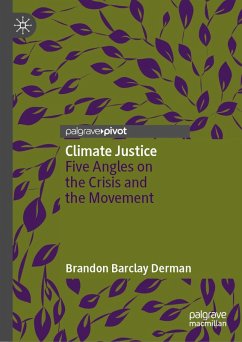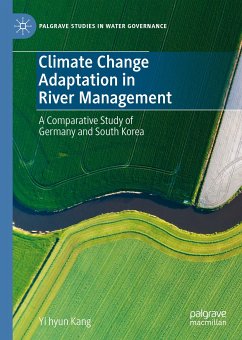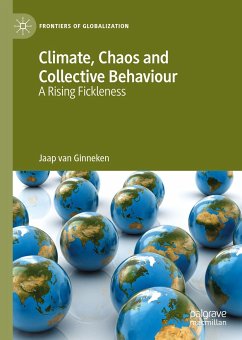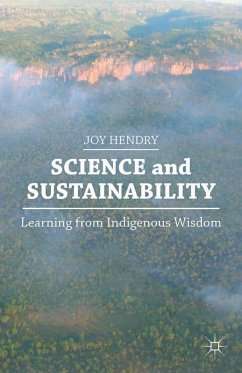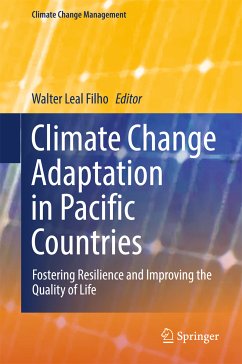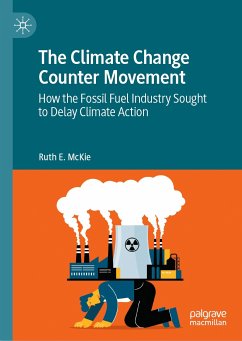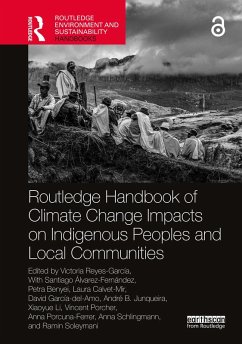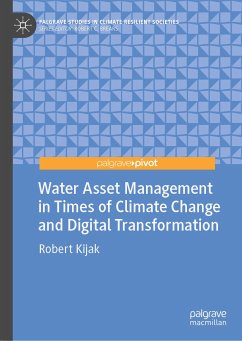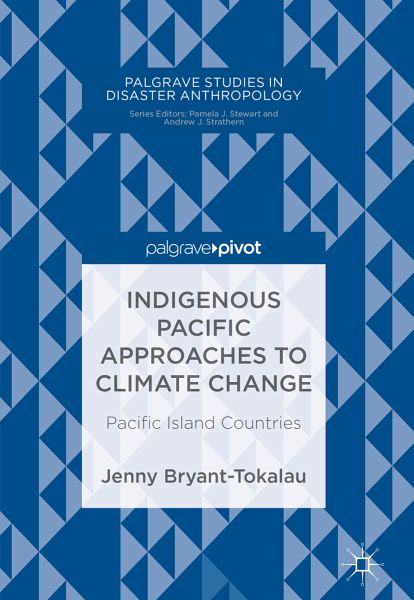
Indigenous Pacific Approaches to Climate Change (eBook, PDF)
Pacific Island Countries
Versandkostenfrei!
Sofort per Download lieferbar
48,95 €
inkl. MwSt.
Weitere Ausgaben:

PAYBACK Punkte
24 °P sammeln!
This book explores how Pacific Island communities are responding to the challenges wrought by climate change-most notably fresh water accessibility, the growing threat of disease, and crop failure. The Pacific Island nations are not alone in facing these challenges, but their responses are unique in that they arise from traditional and community-based understandings of climate and disaster. Knowledge sharing, community education, and widespread participation in decision-making have promoted social resilience to such challenges across the Pacific. In this exploration of the Pacific Island count...
This book explores how Pacific Island communities are responding to the challenges wrought by climate change-most notably fresh water accessibility, the growing threat of disease, and crop failure. The Pacific Island nations are not alone in facing these challenges, but their responses are unique in that they arise from traditional and community-based understandings of climate and disaster. Knowledge sharing, community education, and widespread participation in decision-making have promoted social resilience to such challenges across the Pacific. In this exploration of the Pacific Island countries, Bryant-Tokalau demonstrates that by understanding the inter-relatedness of local expertise, customary resource management, traditional knowledge and practice, as well as the roles of leaders and institutions, local "knowledge-practice-belief systems" can be used to inform adaptation to disasters wherever they occur.
Dieser Download kann aus rechtlichen Gründen nur mit Rechnungsadresse in A, B, BG, CY, CZ, D, DK, EW, E, FIN, F, GR, HR, H, IRL, I, LT, L, LR, M, NL, PL, P, R, S, SLO, SK ausgeliefert werden.




